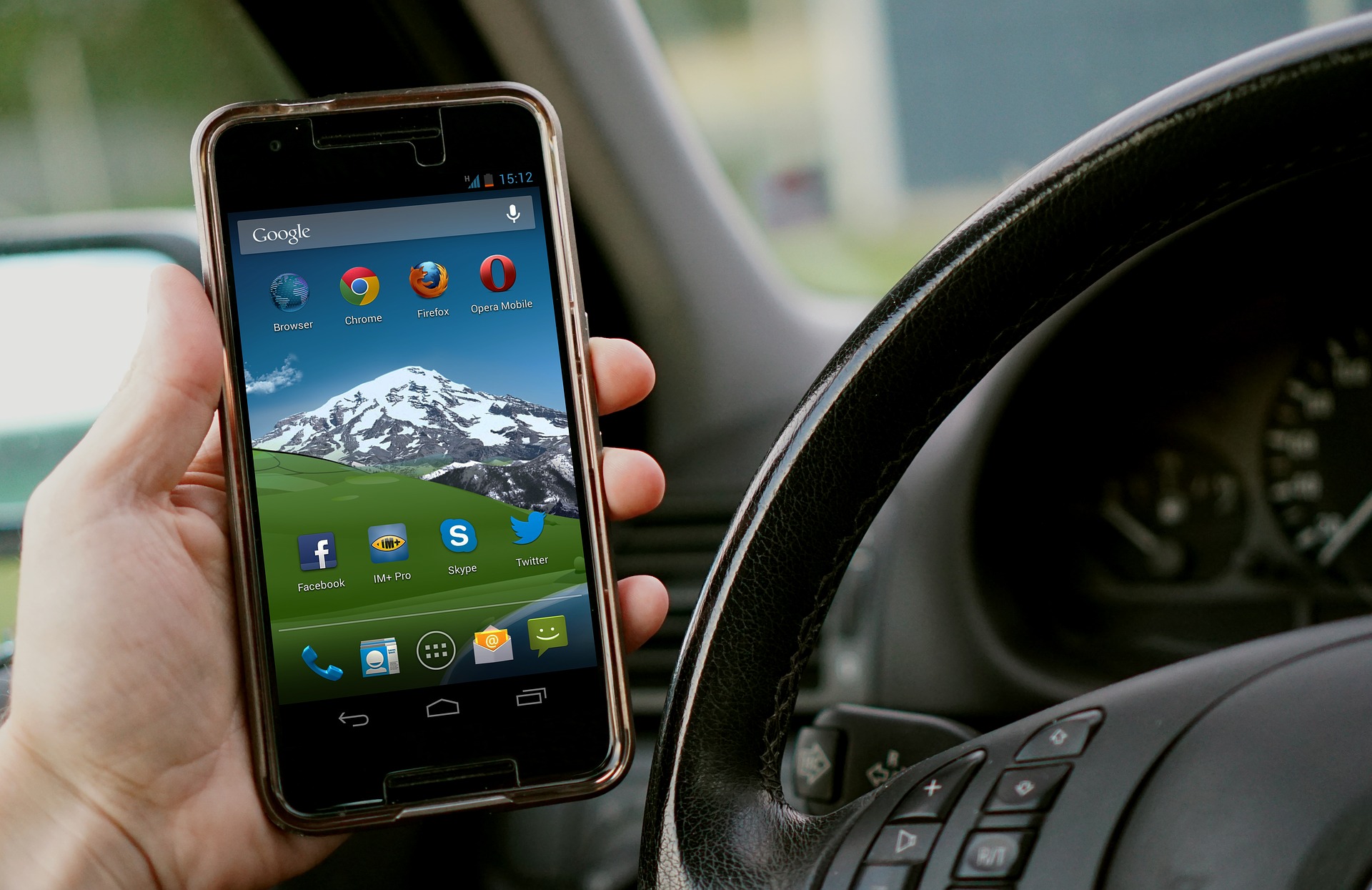Facebook, Twitter, Instagram, Snapchat, and Youtube - These are just a few of the popular social media platforms being accessed by billions of people worldwide. According to Statista, there were 2.46 billion social media users in 2017, and that number is projected to grow over the course of the next few years. Statista estimates there will be 2.62 billion users this year, and over 3 billion by 2021. It’s clear that social media is here to stay!
Today, June 30th, is Global Social Media Day! It was officially declared a holiday nine years ago by the website Mashable. In 2012, Michigan Governor Rick Snyder joined in on the celebration, and released a proclamation to recognize Social Media Day in Michigan. For each of the following years, excluding 2016, the State of Michigan has commemorated this holiday, and according to Michigan.gov, the trend continues for 2018. Per the Michigan.gov Social Media Policy, “The state of Michigan encourages the use of social media, social networking sites and emerging web tools to enhance transparency, communication, customer service, collaboration and information exchange among the State of Michigan and the public.”
While social media is used 365 days of the year, June 30th specifically recognizes and celebrates the positive impact social media has on user’s daily lives. The wide variety of platforms allow for more communication with friends and loved ones, both in Michigan and all over the world. Additionally, social media accounts give residents the opportunity to easily interact with government officials and departments. If Michigan residents have a question, they may get a timely answer if they ask their question via a platform such as Twitter. For example, Michigan Supreme Court Justice Bridget McCormack is active on twitter, and regularly replies to tweets.
The State of Michigan is very active online, with over 450 accounts amassing over 5 million followers! In 2012, the Center for Digital Government awarded Michigan with an “A” rating, based upon, “social media implantation, ROI, innovation, creativity and collaboration,” according to StateTech. One prominent State of Michigan account, The Michigan Supreme Court (@MISupremeCourt), recently tweeted the news of #SMDayMI. Michigan’s highest court is active on several platforms including Facebook, Twitter, and Youtube. In April, to spread awareness about the dangers of distracted driving, the Michigan Supreme Court sent out a tweet about Distracted Driving Awareness Month. The Michigan Law Firm added to the conversation, and retweeted the Supreme Court’s tweet. Social media allows the Michigan Supreme Court to use their influence to highlight important topics, and help people stay informed.
Social media is not only easy to use and cost effective, but it also provides the latest, up to date information to its followers and the general public. In the case of Michigan’s government departments and agencies, this means Michiganders are informed of everything going in the state, including important information such as laws that are passed, details concerning local events, reminders of the multitude of resources available to residents, as well as closures and construction projects to name a few.
It’s not all serious, however. There is plenty of fun content for followers to enjoy! For example, the Michigan Supreme Court released a tweet two days ago about “Cops and Cones,” an event held recently in Holland Township. The local Sheriff's office treated kids 12 and under with free ice cream! It’s a simple story, but one that spreads positivity and puts a smile on your face!
While social media may have its downfalls, it has undeniably been a powerful tool in the 21st century, leveraged by both the public as well as the government. As stated by Governor Snyder, “The ever-expanding exchange of information allowed by social media is an important factor in our mission to create a more people-focused government.” Social media allows everyone to join in on the conversation and connect like never before. These platforms provide information the public needs to be well informed and create positive change. To celebrate Michigan Social Media Day today, use the hashtag #SMDay and #SMDayMI on your social media platforms!
The warning, “don’t text and drive” cannot be reiterated enough. However, In the age of social media, distracted driving can involve much more than just texting. Popular platforms such as Twitter, Snapchat, and Instagram can be informative and entertaining, but they can also be incredibly distracting when behind the wheel. Distracted drivers put themselves, as well as others on the road, at risk of serious injuries from distracted driving car accidents. Drivers should keep their phones out of sight so their attention can be fully maintained on the road. If you or someone you know has been involved in a distracted driving automobile accident, call The Michigan Law Firm, PC to speak to an experienced car accident attorney. For a free legal consultation, dial 844.4MI.FIRM.





